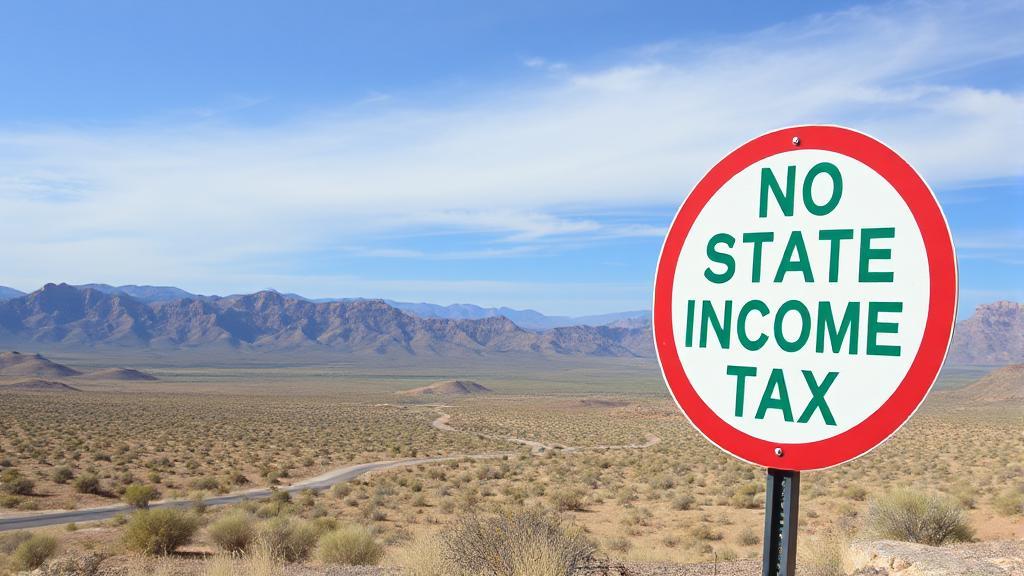Introduction to Nevada's Tax Policy
Nevada stands as one of the few states in America that does not collect state income tax from its residents, making it an attractive destination for both individuals and businesses seeking tax advantages. This policy has been in place since achieving statehood in 1864, when mining and gambling revenues were sufficient to fund government operations without requiring direct income taxation.
Revenue Sources
Gaming and Tourism
The state primarily relies on other sources of revenue to fund public services:
- Casino gaming taxes
- Hotel room taxes
- Entertainment taxes
- Tourism-related fees
Sales Tax
Nevada implements a base state sales tax rate of 6.85%, with counties able to add additional local rates. For example, Clark County, home to Las Vegas, has a total sales tax rate of 8.375%.
Economic Impact
Benefits
- Increased Disposable Income: Residents retain more of their earnings, leading to increased spending and saving
- Attractive for Businesses: Companies often find Nevada appealing due to the lower overall tax burden
- Retirement Haven: Retirees often choose Nevada to stretch their retirement savings further
- Simplified Tax Compliance: Residents benefit from easier tax preparation
Challenges
- Heavy reliance on tourism industry
- Revenue volatility, especially during economic downturns
- Limited funding for public services
- Greater dependence on other tax sources
Comparison with Other States
Only seven other states share Nevada's no-income-tax status:
- Alaska
- Florida
- South Dakota
- Texas
- Washington
- Wyoming
- Tennessee (as of 2021)
Public Services Funding
Education
Nevada funds its education system through:
- Property taxes
- Sales taxes
- Gaming revenue
- Federal grants
Infrastructure
The state maintains infrastructure through:
- Fuel taxes
- Vehicle registration fees
- Federal funding
- Bond measures
"Nevada's tax structure remains one of the least burdensome in the nation, making it an ideal location for business expansion and relocation." - Nevada Governor's Office of Economic Development
Business Environment
The state's tax structure has created a favorable business climate, particularly for:
- Corporate headquarters
- Distribution centers
- Technology companies
- Small businesses
Impact on Residents
While residents don't pay state income tax, they may face:
- Higher sales taxes
- Increased property taxes
- Various fees and licenses
- Higher costs for certain services
Resources and Information
For more detailed information, visit:
- Nevada Department of Taxation
- Nevada Governor's Office of Economic Development
- Nevada State Treasurer's Office
- Nevada State Legislature
- U.S. Census Bureau
Understanding Nevada's tax policy is crucial for residents, businesses, and policymakers alike. While the absence of state income tax provides significant advantages, it also creates unique challenges that require careful management and innovative solutions to ensure long-term fiscal sustainability.
